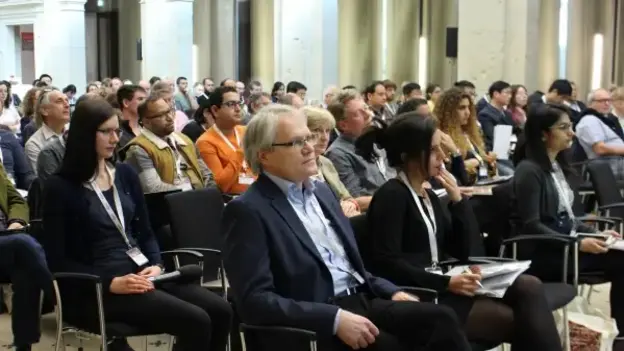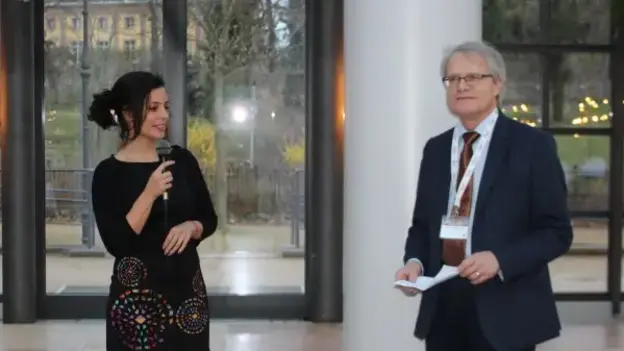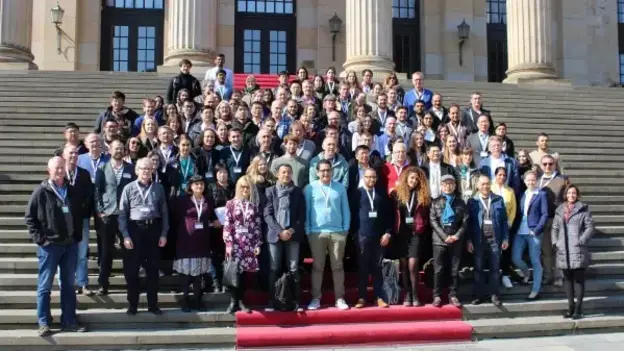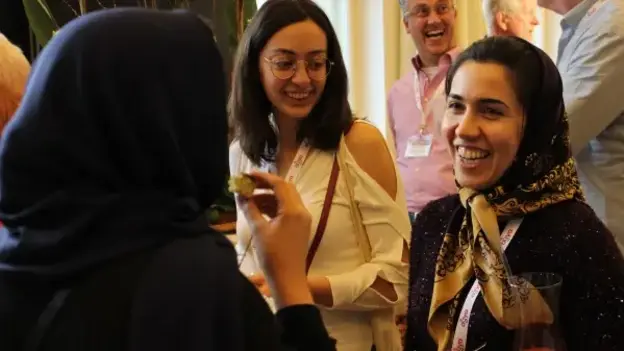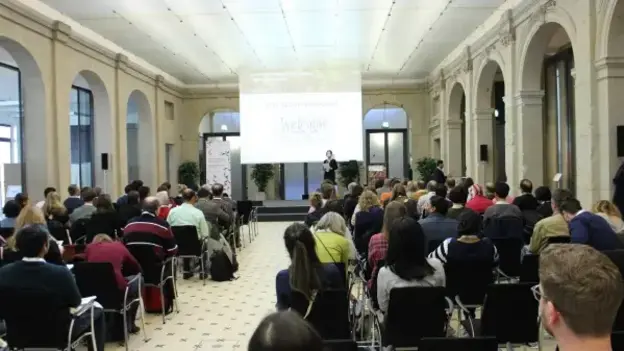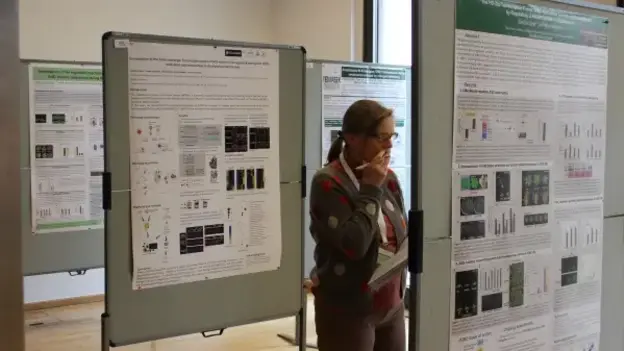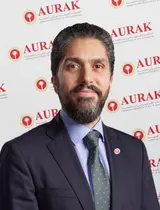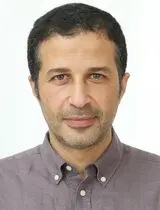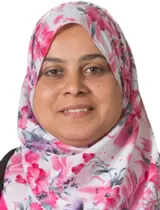Tandem Project
The 9th International Symposium on Plant Senescence
Symposium
The Food and Agricultural Organization of the United Nations (FAO) forecasts that: if global population reaches 9.1 billion by 2050, world food production will need to rise by 70%, and food production in the developing world will need to double. Plant breeding and plant aging represents a central component of generating sufficient food for the future global society, in particular under conditions of climate change where environmental impact increasingly threatens and negatively affects crop growth and yield. From 01 to 04 April, experts from over 15 countries presented and discussed their latest research on plant aging processes at the 9th International Symposium on Plant Senescence.
The International Symposium on Plant Senescence is a biennial symposium that gathers more than 100 participants from all over the world to discuss recent advances on different aspects of plant aging, crop senescence and stress biology research.
says AGYA member Dr. Salma Balazadeh, who organized the symposium together with Prof. Dr. Bernd Müller-Röber. The symposium was a collaboration with the University of Potsdam, and the Arab-German Young Academy of Sciences and Humanities (AGYA).
‘Senescence is a complex, genetically programmed phenomenon that constitutes an important biological process for plant fitness in natural ecosystems and for agricultural productivity of crops. While in the absence of stress, senescence is under the control of developmental age, it is also largely affected by diverse environmental cues.’, explains Prof. Dr. Müller-Röber. ‘The conference addresses major breakthroughs in plant senescence and aging research.’ Understanding the aging process in plants is essential for improving agriculture through increasing the yield of agronomic plants. In their research, the biologists attending the conference focused on fundamental understanding of the influences on the senescence of plant cells, such as genetic or environmental factors, and how it is then possible to manipulate the process of senescence to obtain desirable results, for example to make crops more resistant to drought.
Dr. Balazadeh teamed up with AGYA members Prof. Dr. Bassam Alameddine, Dr. Ahmed Debez, and Dr. Henda Mahmoudi, to invite speakers as well as students from various Arab countries to the symposium as a part of the Tandem Project ‘Capacity Building in Modern Crop Science’, thus giving young Arab researchers the opportunity to connect to specialists from other areas of the world. ‘All the speakers were really involved and engaged. The sessions covered a wide range of topics in the field of plant senescence. The exchange with other researchers between the talks was an added value’, summarizes Lebanese PhD student Rana Jardak the event. The students participated at the symposium, connected to leading researchers in the field and presented their own research in the form of posters.
- Disciplines Involved
- Biology, Chemistry
- Venue
- Berlin-Brandenburg Academy of Sciences and Humanities (BBAW), Germany
- Project Title
- The 9th International Symposium on Plant Senescence
- Year
- 2019
- Funding Scheme
- Tandem Project
- Countries Involved
- Germany, Kuwait, Tunisia, United Arab Emirates
